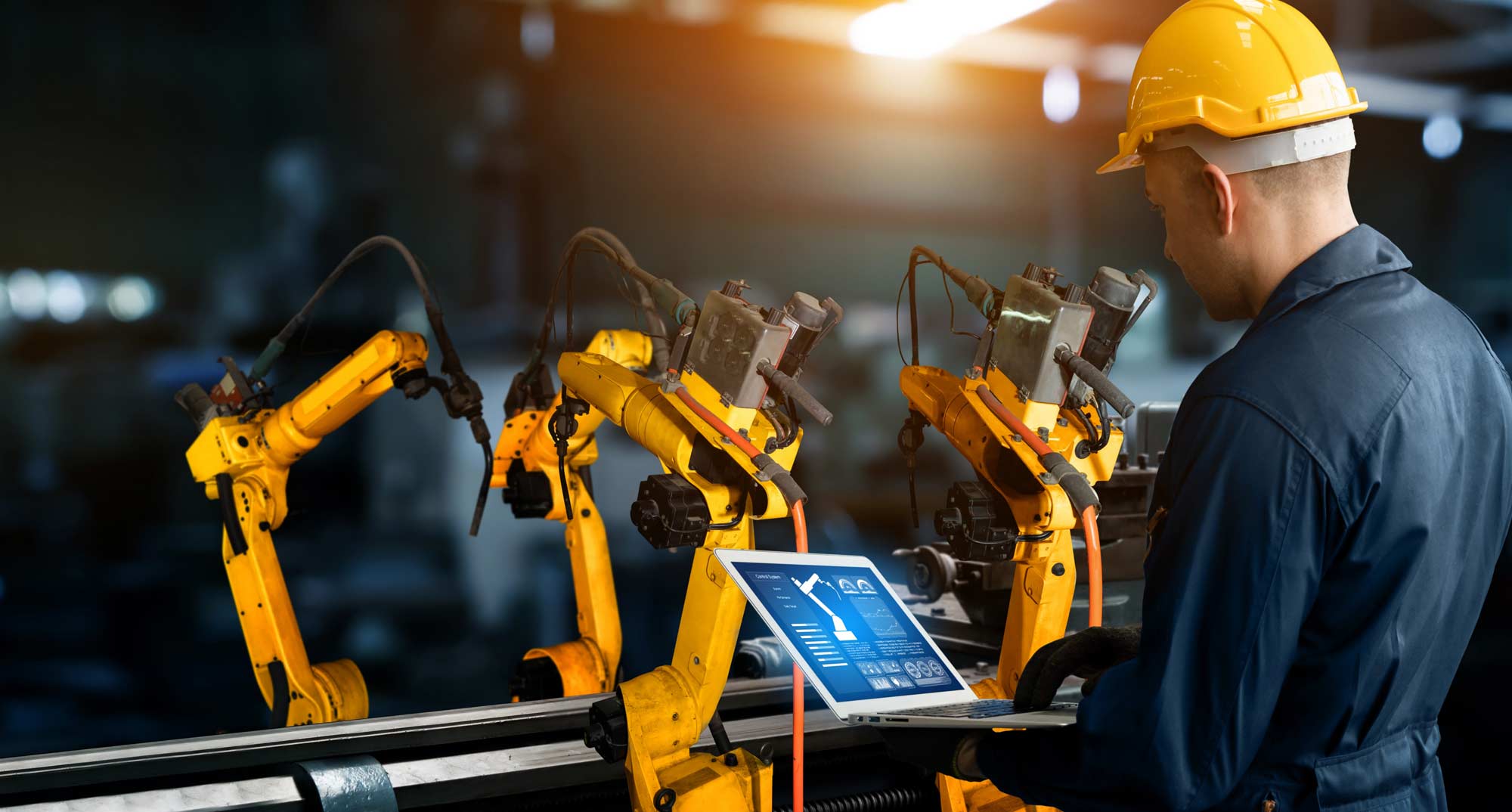A quiet revolution is brewing.
This revolution is about the future of business, and it’s being driven by a force not unlike something out of a science fiction movie: artificial intelligence (AI).
For decades, business consultants have been the trusted advisors, the shepherds guiding companies through the ever-changing landscape of the market. They’ve been the interpreters of data, the weavers of grand strategies, the architects of corporate success. But what happens when the machines become better at interpreting data, weaving strategies, and even understanding the nuances of human behaviour?
That’s the question that’s sending shivers down the spines of many a consultant.
Is AI the harbinger of their doom, the unstoppable juggernaut that will render their human expertise obsolete? Or is it a powerful new tool, a force multiplier that can take their abilities to a whole new level?
The truth, as is often the case, is somewhere in between. AI is not here to replace consultants entirely. It simply can’t replicate the human touch, the ability to build relationships, understand emotions and navigate the complex social dynamics of an organisation. But what it can do is automate the tedious, data-heavy tasks that often bog down consultants, freeing them up to focus on what they do best: thinking creatively, solving complex problems, and providing strategic guidance.
Imagine a consultant who can instantly analyse mountains of data, and identify hidden trends and patterns that would have taken weeks or even months to uncover. Imagine a consultant who can select different scenarios, and predict the potential outcomes of various decisions with uncanny accuracy. Imagine a consultant who can tailor their advice to the specific needs and nuances of each client.
This is the future that AI promises, and it’s a future that is already starting to take shape. Companies like IBM and McKinsey are already incorporating AI into their consulting practices, and the results have been impressive. One study found that AI-powered consultants were able to reduce the time it took to complete tasks by up to 70%, while also improving the accuracy of their recommendations.
Of course, there are challenges to overcome. AI is still in its early stages of development, and there are concerns about bias, transparency, and explainability. But these are challenges that can be addressed, and as AI continues to evolve, its potential to transform the business consultancy industry will only grow.
Embrace the AI revolution. See it not as a threat, but as an opportunity to augment your skills, expand your reach, and deliver even greater value to your clients. The future of business consultancy is not about humans versus machines; it’s about humans and machines working together, creating a powerful synergy that will drive businesses to even greater heights.





